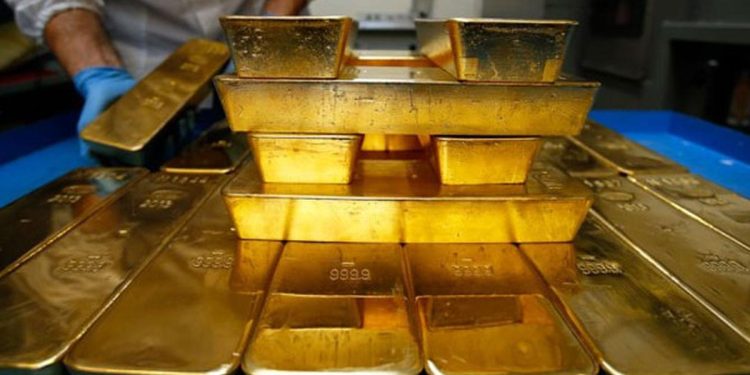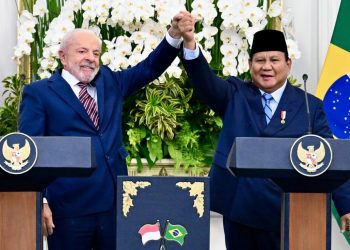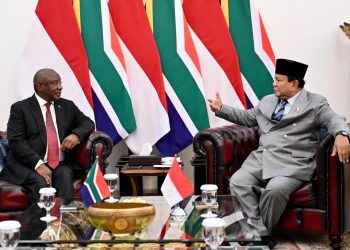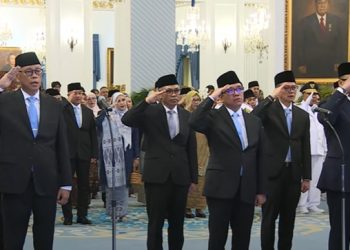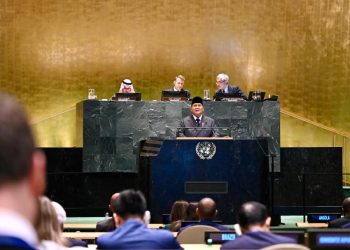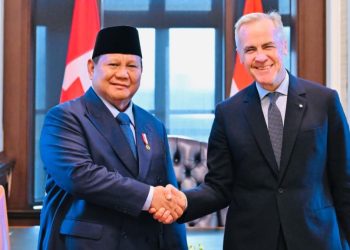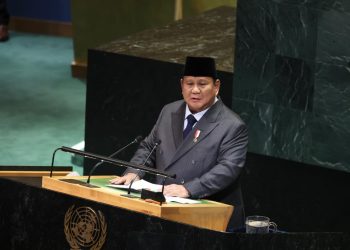Jakarta, Indonesia Sentinel — Despite the collapse of Bashar al-Assad’s regime and over a decade of devastating civil war, Syria’s Central Bank retains nearly 26 tons of gold in its reserves, the same amount it held in 2011. However, the country now faces a severe scarcity of foreign currency reserves, reflecting the war’s catastrophic economic toll.
Gold Reserves: A Symbol of Stability?
According to data from the World Gold Council cited by Reuters, Syria’s gold reserves stood at 25.8 tons in June 2011. Today, this hoard is valued at approximately $2.2 billion at current market prices. Yet, these reserves offer little solace to a nation grappling with diminished access to hard currency.
Foreign currency reserves, once a critical component of Syria’s financial system, have plummeted. By the end of 2011, Syria’s central bank reported $14 billion in reserves, per the International Monetary Fund (IMF). By 2010, that figure had reached $18.5 billion. As of December 2024, cash reserves are estimated at a mere $200 million, with some sources suggesting that the total in U.S. dollars may amount to “hundreds of millions.”
The dramatic decline in reserves is largely attributed to wartime spending. Successive Syrian governments exhausted foreign currency reserves to fund imports of food, fuel, and military efforts during the conflict.
Challenges in Transparency and Accountability
Since the outbreak of civil war in 2011, the Assad regime ceased sharing financial data with global institutions, including the IMF and World Bank. This lack of transparency has continued under Syria’s new government, which assumed power following Assad’s departure to Russia on December 8, 2024.
The new government, led by former rebel leaders, has been tasked with assessing the nation’s financial condition. Reports indicate that looters accessed parts of the central bank during the transition of power, taking significant amounts of Syrian pounds. However, the bank’s main vault—a bomb-proof structure secured by a complex system of keys and combinations—remained intact.
Some stolen assets have reportedly been recovered by the new authorities, while the central vault was inspected by the incoming government days after rebels seized Damascus in a rapid offensive.
The Economic Fallout of Sanctions and War
Years of conflict, Western sanctions, and the loss of oil fields in Syria’s eastern region have crippled the nation’s ability to generate foreign currency. Once a major source of revenue, oil production now lies under the control of Kurdish forces and other armed groups, further depleting Syria’s financial resources.
Western sanctions have compounded these challenges. The United States has targeted the central bank itself, blacklisting some of its governors and restricting its operations. Despite these measures, Syria’s gold reserves have remained untouched, serving as collateral for the embattled Syrian pound. However, this strategy has done little to stabilize the currency, which has depreciated from approximately 50 pounds per dollar before the war to around 12,500 pounds per dollar as of December 2024.
Celebrating Christmas in North Korea: A Crime Punishable by Death
A Glimmer of Resilience
On December 15, 2024, the Central Bank of Syria reopened its headquarters in Damascus. The first day of the workweek saw employees returning and citizens arriving to exchange dollars or deposit large sums of Syrian pounds. While the reopening signals a return to some semblance of normalcy, it underscores the immense challenges ahead for a nation struggling to rebuild its economy.
For now, Syria’s gold reserves stand as a symbol of its potential resilience, even as the country faces immense hurdles in reviving its financial stability and regaining access to foreign currency.
(Becky)


